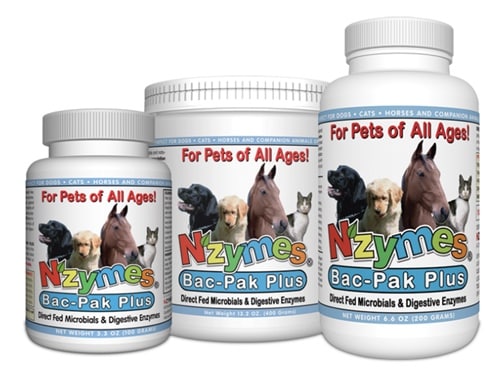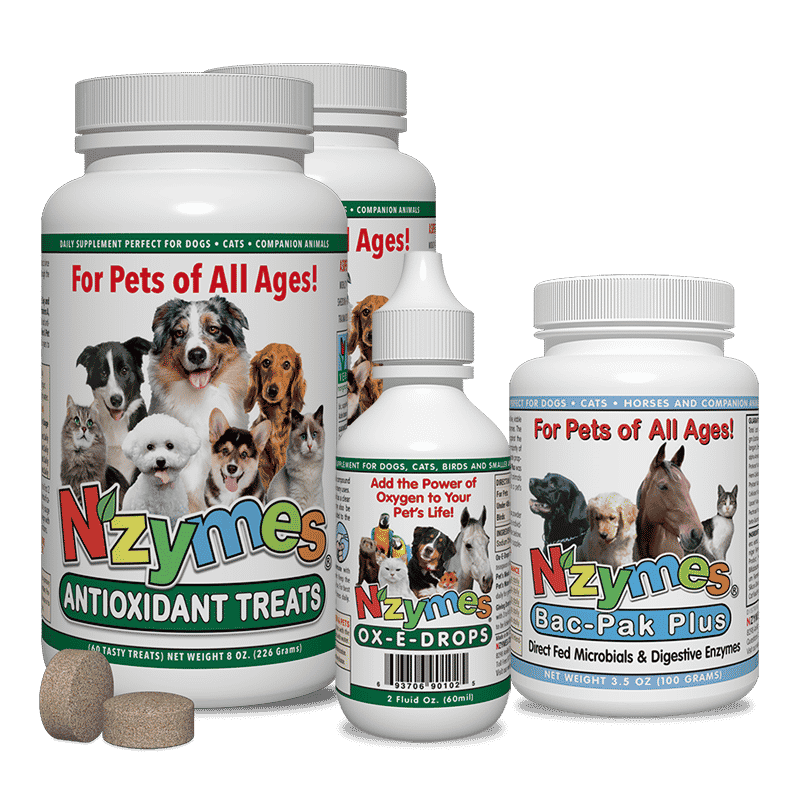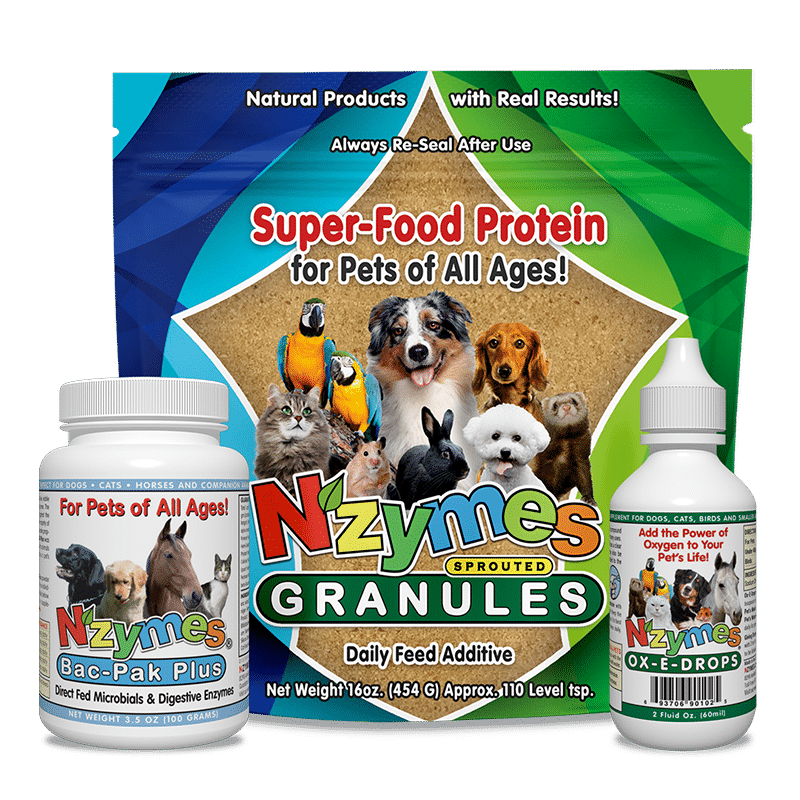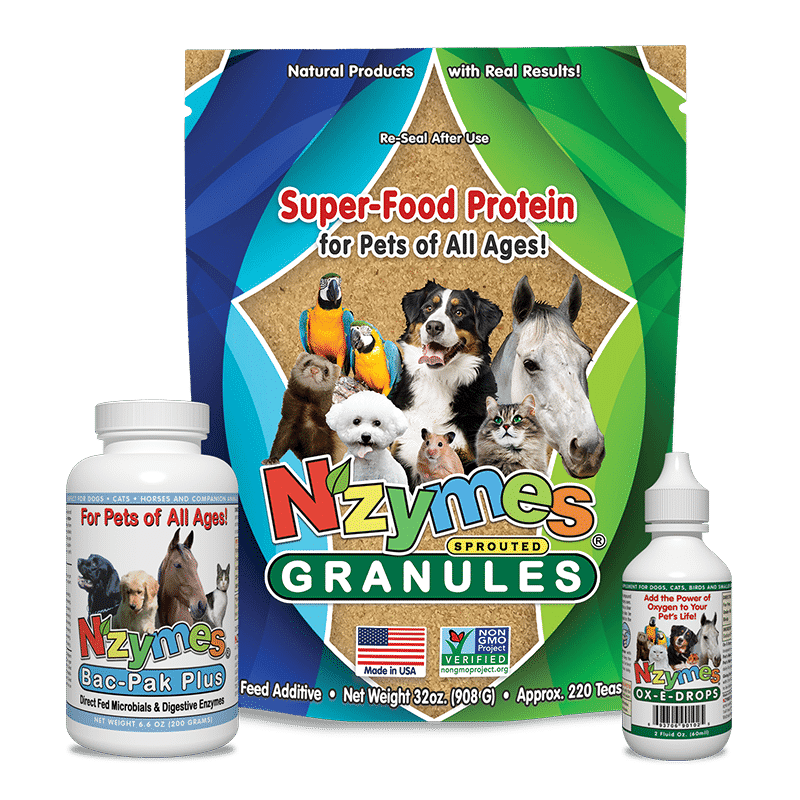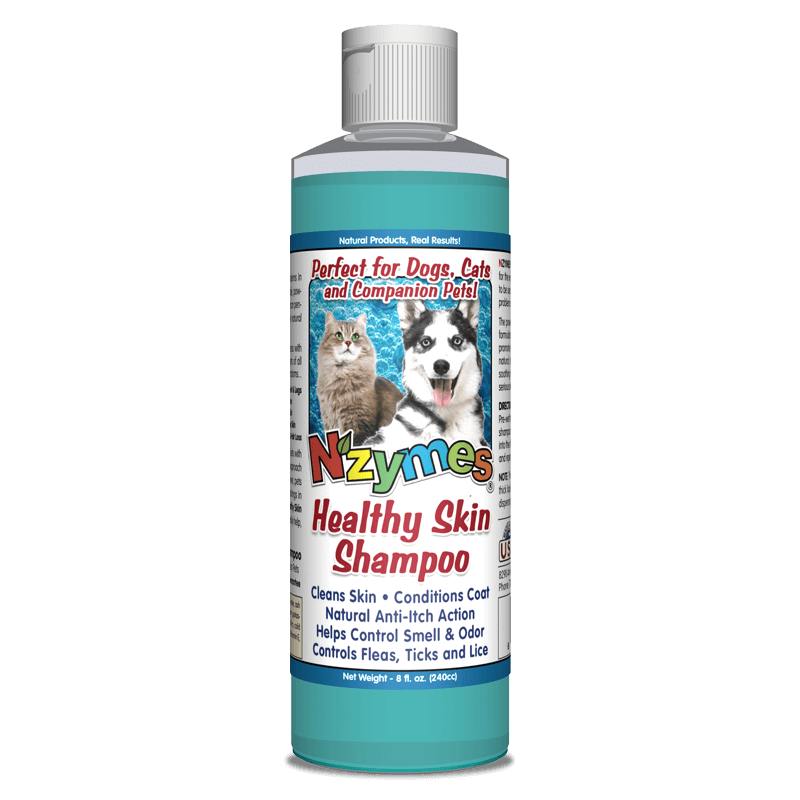Some Healthy Habits to Keep Your Dog Free of Digestive Issues

The 7 Ways to Prevent Digestive Disorders in Dogs can range from serious to just plain ‘stinky’. It is widely agreed that it’s best to avoid all of them. Whether its a large dog or small, all creatures, will experience some level of digestive disorders in their lifetime. Simple symptoms like the gurgles to foul flatulence can be the result of unbalanced digestion. Sometimes it can be something the dog has picked up and eaten that may cause the problem.
Digestive disorders in dogs are very common around the holiday season when access to rich foods can upset a pet’s tummy. Naturally, an ongoing or escalating digestive issue could become serious so always be alert. Here are 7 simple things that will help dodge digestive disorders in dogs.

1. Feed a Healthy Diet
How to Choose a Good Dog Food? Unfortunately, it’s not as easy as it sounds, mainly for two reasons. 1) most commercial pet foods are truly lacking in quality ingredients and over-burdened with fillers and contain a high sugar content. 2) pet food manufacturers are allowed to produce these foods because the industry controls it’s own labeling laws.
But first you have to look past the glossy dog food packaging to find the truth. Know that the processes used in making these pretty supermarket pet foods have nothing to do with the proper nutrition a dog needs everyday. Ingredients are labeled in a way to miss-inform the reader rather than supply truthful understanding of the ingredients, like those required on a human food products.

Dr. Anne Smith Says…
Veterinarian, Anne Smith says, the bottom line is, real nutrition. The kind of food that is really absorbed and used is fundamental to a dog’s digestive system. “Nutritional uptake is first.
Gastrointestinal strength relies on proper bacteria to improve digestion and support the immune system. Most immune functions and its balance reside in the GI tract, so fundamental care and support is critical. All dogs need to be eating real food as a foundation.”
Dr. Smith and other holistic nutritionists also recommend looking for a food that incorporate prebiotics included in the ingredients. Prebiotics are a special form of fiber that helps stimulate the growth and function of the good bacteria (probiotics) within the gut. Which brings us to #2.
If you research any of the major dog food factories, you will find that there are only a few huge companies that own most brand names. What is worse is Celebrity pet foods promoted by these huge manufactures that taut the best ingredients and deliver less than is promised. Do your own research if you don’t believe us.
Here’s our Recommended list of Pet Food Brands and Blends. We consider the makers to be quality-conscious pet food manufacturers.
2. Supplement with Probiotics and Digestive Enzymes
Probiotics and digestive enzymes are the primary supplements needed to maintain a healthy digestive system. They are also fundamental for the proper absorption of vitamins, minerals, and other nutrients. A strong, balanced digestive system means a strong immune system – and these ‘seemingly invisible’ benefits strongly contribute to better health throughout the body. More energy, healthy skin and coat, and sturdy joints are all highly related to a healthy gut. These supplements are easy to find, inexpensive and well worth your time to add it to your dog’s diet.
3. Avoid Feeding from the Table
I know this can be a hard one – those sweet longing eyes can make it difficult to not share everything from French fries to ice cream. But don’t. This thing can really disrupt the balance of a dog’s digestive system and undo any good you may have already accomplished with a healthy dog food and supplements. If you simply must share, do so in moderation and only offer food that you know he will digest well – lean meat like chicken or beef and some fresh veggies will likely do the least damage.
4. Don’t Overfeed
Some dogs are just like some people – they just don’t know when to stop eating. If you have such a dog, be proactive. Find out how much your dog should be eating every day and portion out his food over regular feeding times.
5. Avoid Ingestion of Foreign Objects
Most people have heard of baby-proofing a house, and in many ways doggy-proofing a house is much the same. Be mindful of small objects like toys, pens, and shoes. Some dogs wouldn’t dream of eating your new decorative pillow while others will eat the whole couch. Pay attention to the things your dog goes after and make them inaccessible – at least until such time that he is trained to avoid them on his own.
6. Avoid Dehydration
Water is as important to a dog as it is for us. They need about an ounce of water for every pound of bodyweight every day – more depending on his amount of exercise or if he’s in very warm conditions. Keep plenty of clean and fresh water readily available and in more than one place. Inside, outside, upstairs and down. The right amount of water is key for a healthy digestive system, waste filtering, circulation and body temperature. Good hydration also flushes out harmful toxins that can accumulate throughout the body.
7. Keep Stress As Low As Possible
Some dogs are more prone to anxiety than others, but all dogs can develop stress under certain conditions that can impact his digestive health. A change in diet or environment can stress out even the mildest of dogs. Switching up his daily routine may also throw him for a loop. Some change is unavoidable, and some change is good – just be attentive to how your dog responds to these things and take the extra time and effort to help him feel comfortable with his new circumstance.
Many of these pointers are just plain common sense but all bear mentioning for the key role they each play in a dog’s healthy digestive system. When implemented together consistently, they form the foundation for a long, healthy and happy life.

